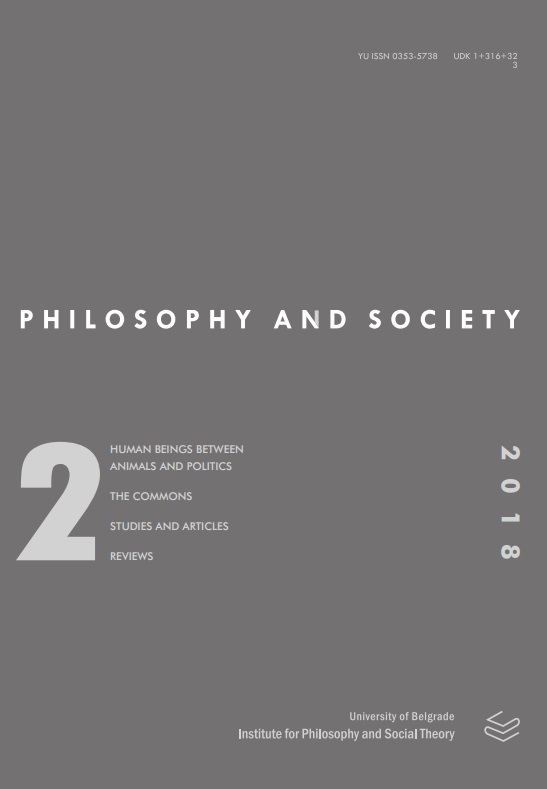Legal Ideology and the Commons: Why are Jurists Falling Behind?
Legal Ideology and the Commons: Why are Jurists Falling Behind?
Author(s): Filippo ValguarneraSubject(s): Social Philosophy, Philosophy of Law
Published by: Institut za filozofiju i društvenu teoriju
Keywords: commons; law; paradigm shift; egal change
Summary/Abstract: The last quarter of a century has featured a surge in interest and studies on the commons, spearheaded, of course, by the efforts of Elinor Ostrom. These efforts have problematized the once well-established paradigm of the tragedy of the commons most clearly described by Garrett Hardin in 1968. One could say that the commons, thus, have become a fundamental field of study in most social sciences. This is not the case in the field of legal scholarship (with one noticeable exception that I will discuss later), which leads me to the overarching issue of this essay, namely the difficult relationship between jurists and the commons. The phrase “difficult relationship” does not refer to an explicit antagonism, but to something even worse: complete indifference and a scandalous lack of knowledge. While my main purpose is to try to explain this sorry state of affairs, I also hope to make a more general point on the nature of law and legal change. In this sense, the commons can be considered a case-study in legal theory. The main issue of this paper is to tackle following subquestions. What is the status of commons in the Western European legal discourse? Why do most legal scholars pay such a poor attention to the growing literature on the commons in other disciplines? What factors contribute to this peculiar case of cultural deafness? What promise of improvement does the future hold?
Journal: Filozofija i društvo
- Issue Year: 29/2018
- Issue No: 2
- Page Range: 205-218
- Page Count: 14
- Language: English

